“Knowing yourself is the beginning of all wisdom ” _Aristotle
Dr.Qamar Ul Hasan is explaining the dichotomies that will make you discover your Personality Type, If you choose a set of four functions that can help you discover your true Personality Type.
The thirst for self-awareness and self-love can lead you to success because when you’re unaware of yourself, your choices your preferences, and traits, You can never know others and can never be successful in life.
The lack of confidence and decisiveness that you’re experiencing can come from your lack of self-knowledge.
This easy method will develop your self-knowledge so that you can make the right decisions for yourself more easily and quickly. Throughout my 6-step process, you will explore your vision, values, strengths, personality traits, and skills and create an action plan to support future decision-making. Each step comes with self-reflective questions and exercises to help you get to the bottom of the ‘true you.”
By the end of this, you will have a clear picture of yourself, and you’ll feel more confident and decisive, ready to take control of your life and career.
How can I discover my Personality Type myself?
- Many People ask how can I know my personality Type by myself, so here we are giving an easy and authentic method to get to know your Personality Types and traits.
- The Myers Briggs Type Indicator or you can call it Jung’s theory, People are either born with or develop, certain preferred ways of perceiving and deciding.
- The MBTI sorts some of these psychological differences into four opposite pairs, or “dichotomies”, with a resulting 16 possible psychological types. None of these types are, “better” or “worse”; however, Briggs and Myers theorized that people innately “prefer” one overall combination of type differences.
In the same way that writing with the left hand is difficult for a right-hander, so people tend to find using their opposite psychological preferences more difficult, though they can become more proficient (and therefore behaviorally flexible) with practice and development.
The 16 types of Personality Types are typically referred to by an abbreviation of four letters the initial letters of each of their four type preferences (except in the case of intuition, which uses the abbreviation, “N” to distinguish it from introversion).
For example :
- ESTJ: extroversion (E), sensing (S), thinking (T), judgment (J)
- INFP: introversion (I), intuition (N), feeling (F), perception (P)
- These abbreviations are applied to all 16 types.
Four Pairs of dichotomies.
The four pairs of preferences or “dichotomies” make your Four letter Personality Type.
It groups people along four dimensions or indexes:
Extroversion (E) and Introversion (I):
This is fairly self-explanatory and defines an individual’s preference in engaging with people. Whereas extraverts prefer engaging with a group or social activities, introverts prefer inner reflections and solitude. This dimension is also described as where people get their energy from. Extraverts get energy through interacting with people or doing things. Introverts get energy by reflecting on information, ideas, or concepts.
Sensing (S) and intuition (N): This focuses on an individual’s preferred manner in how he or she perceives the world. If you prefer sensing, you notice and trust facts, details, and present realities. If you prefer intuition, you attend to and trust interrelationships, theories, and future possibilities.
Thinking (T) and Feeling (F): This focuses on how individuals make decisions. If you prefer thinking, you make decisions using logical, objective analysis. If you prefer feeling, you make decisions to create harmony by applying person-centered values.
Judging (J) and Perceiving (P): This focuses on how individuals interact with the outer world. If you prefer judging, you tend to be organized and orderly and to make decisions quickly. If you prefer perceiving, you tend to be flexible and adaptable and to keep your options open as long as possible.
How to know If I’ve Found Myself?
Lackness of a strong self often flares up during times of change or transition in our lives, since Often we mistake our sense of self for things like the city we live in, the person we are married to, our job, career, money, family, status, etc.
Our true self does not come from our outer life.
It comes from our inner life and inner thoughts, so when we move to a new place, leave a job, have a baby, see our grown kids leave the house, get married, or start in a new position, we often find ourselves thinking, “who am I?” This is normal, and also an invitation into a deeper journey of finding yourself.
Here is a definition for finding yourself:
“Finding yourself is the process of discovering who you are, and why you matter apart from outside achievements, relationships, and even in the face of great challenges or in life’s shifting environments.”



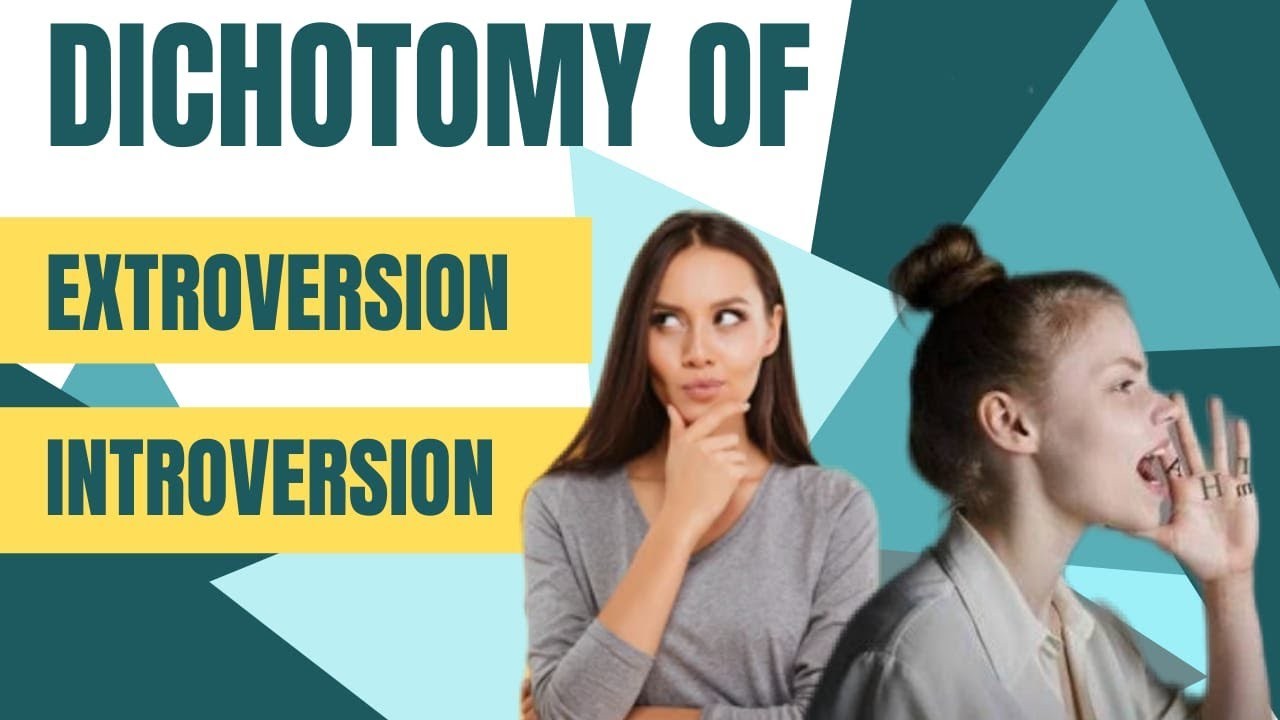

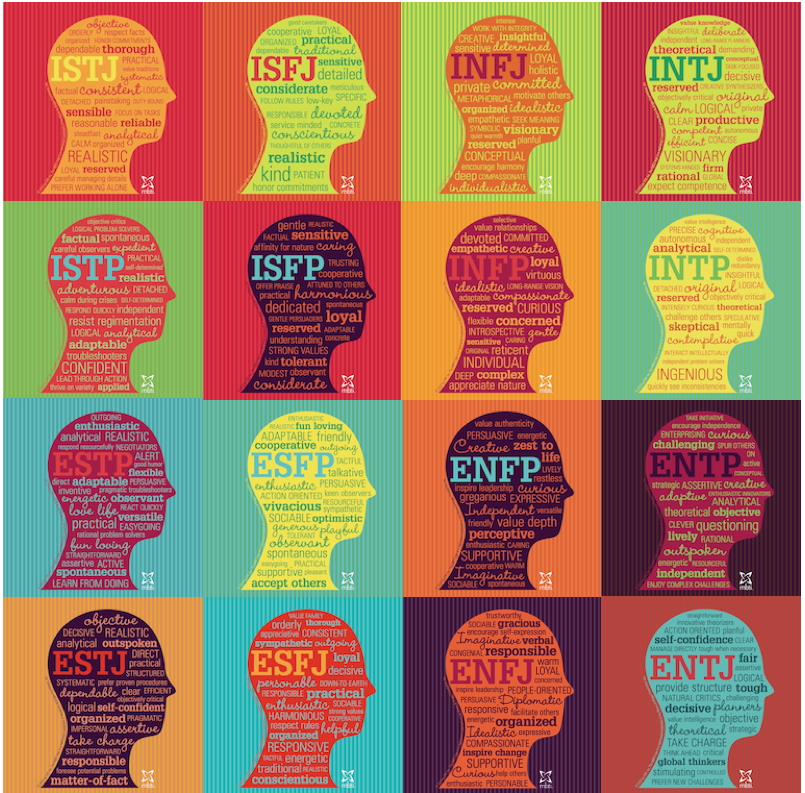
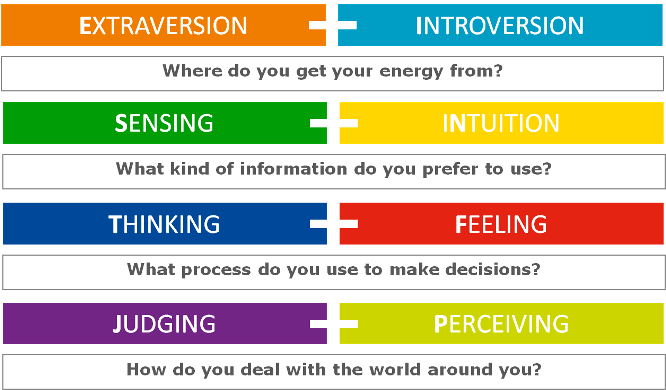

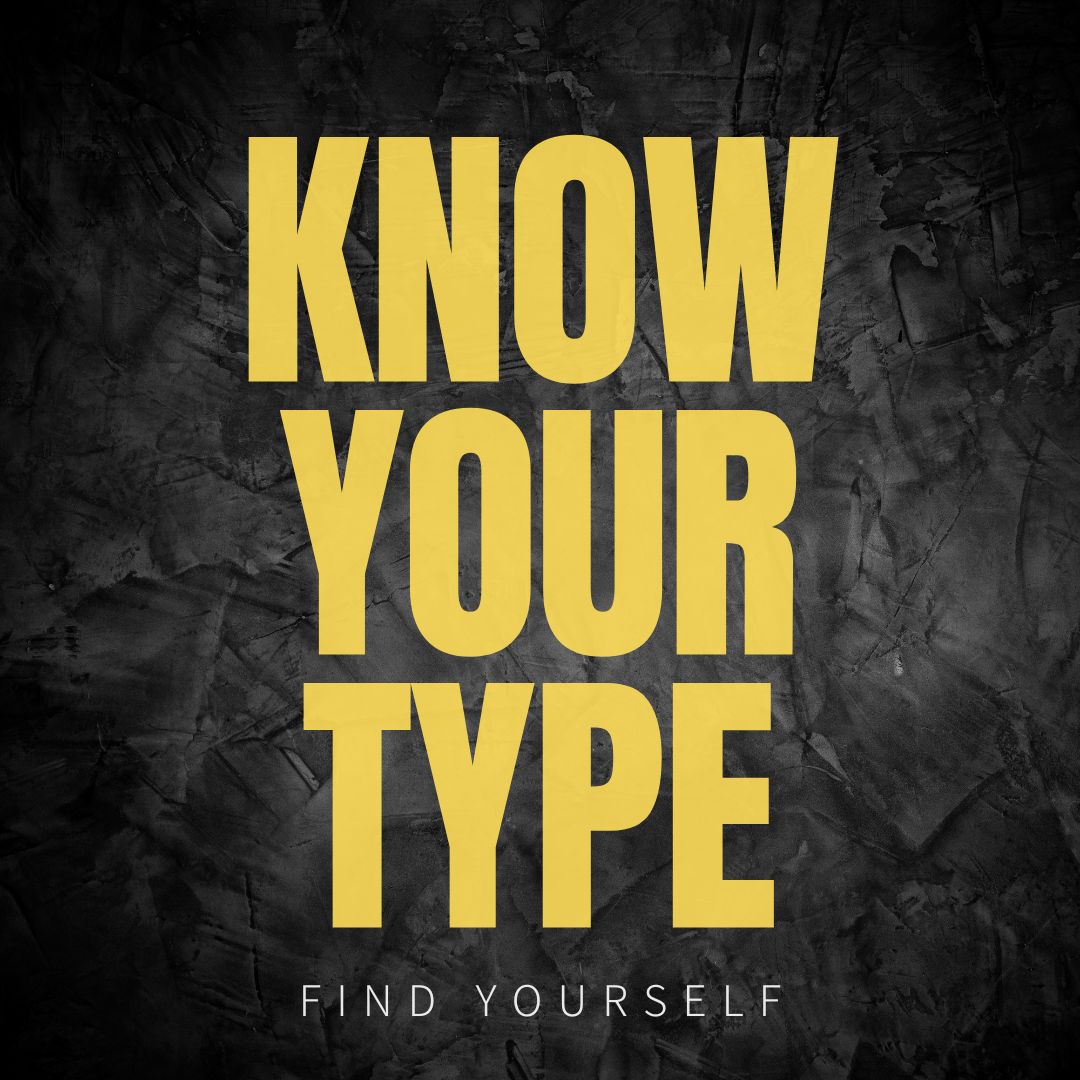
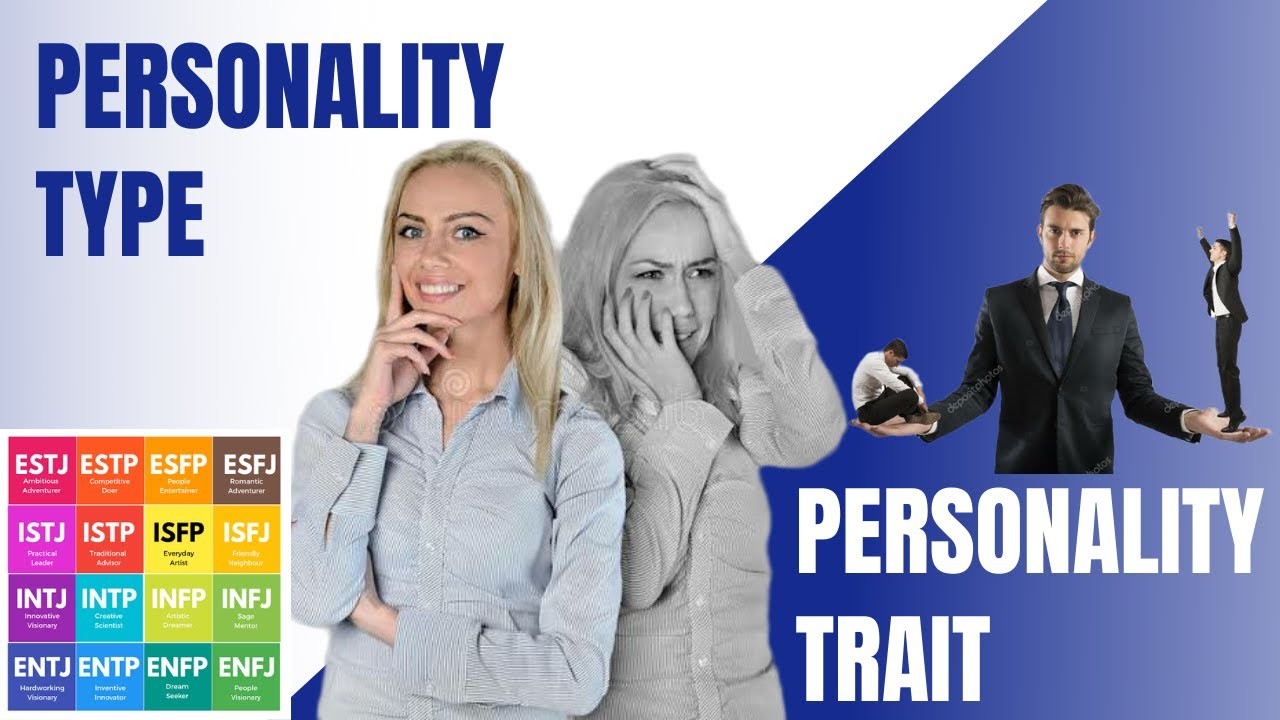

Leave A Comment